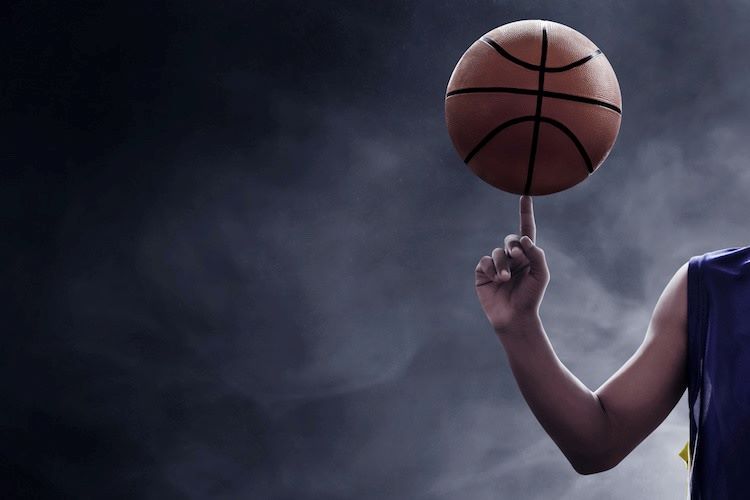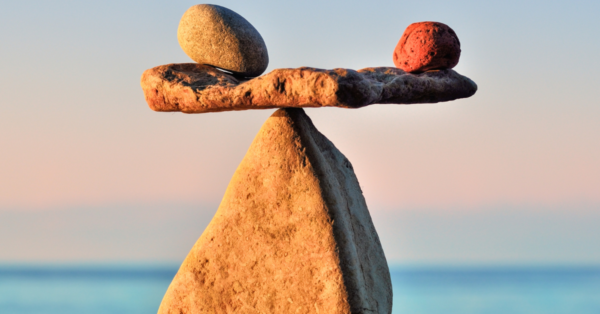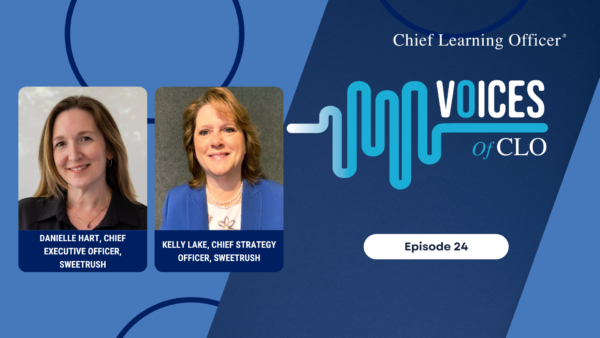Physical skills begin to deteriorate more quickly sometime in your 40s. That may not come as a shock to most but you can color me surprised. I’m slow that way and apparently getting even slower.
Deceleration is inevitable as the years pile up. But it’s manageable. That’s a lesson I learned a couple years ago as I stepped back onto a basketball court for the first time in a decade. And it’s a reminder that chief learning officers have a critical role to play as uncertainty and volatility become the reality of business.
Growing up, basketball was my game and the Chicago Bulls of the early ’90s were my team. Michael Jordan, Scottie Pippen and a cast of supporting players dominated the league with a combination of startling athleticism and stifling defense. I was there at Chicago Stadium on June 14, 1992, when a squad of reserve players brought the team back from a 13-point deficit in the fourth quarter to grab the title. My ears are still ringing.
So when a friend invited me to play on his team of 40-somethings, I jumped at the chance. It rekindled that youthful passion and would be a fun way to stay sharp.
Competitiveness was at play, too. While never the best player on the team, I always managed to find a role grabbing rebounds, playing solid defense and scoring a few opportunistic baskets. I was eager to show my middle-aged self I could still knock down the mid-range jumper.
I didn’t do too badly that first game. I scored a half dozen points, notched a few assists and played strong defense. Everything was good until the next day. Achy knees and throbbing muscles were expected but minor problems. It was when I stepped out of bed that the real scale of the problem hit me with the force of LeBron James driving the lane at full speed. I couldn’t straighten my back.
I recovered to the point where I could play the next week but it became clear I’d lost a step. My feet got caught up when making a quick cut. My jump shot was shaky. But the biggest realization was that the synapses connecting my brain to my body simply weren’t firing the same.
Take rebounding. The key is boxing out your opponent and reacting quickly when the ball bounces off the rim. In my younger days, it came easy. Now, my brain shouts “Jump!” and my body’s response goes something like: “Umm, did you say something?”
Disbelief and denial, my initial reactions, aren’t the ideal response to change. Agility and adaptability are. I vowed to hit the gym, work harder and play smarter. Experience plays a bigger role when skills and athleticism diminish.
It’s not much different when it comes to organizations and change. When times are good, success comes relatively easy. Preparation isn’t as important. The side effect is that inertia takes hold and won’t release its grip. In physical terms, training is the key to keeping your edge. When it comes to mental skills, it’s much the same.
That’s where CLOs can step in. Small-scale interventions and programs to hack the learning agenda, inject change and put leaders through experiences that force them to adapt can help. But it’s not just about preparing the individual to change. It’s just as much about assessing your team’s readiness for change. Thankfully that’s become a bigger part of the learning agenda.
The disruption caused by the global spread of the coronavirus is a case in point. Many organizations were caught flat-footed and ill-prepared to move to virtual working environments. Managers and teams had to stretch their muscles in ways they hadn’t practiced.
The goal for learning organizations is to have the right amount of self awareness and trust built in so when conditions change it’s not a shock to the system. The muscles are primed and ready. They may not react the same way but the rest of the body can adjust its actions to grab the rebound.
Before the pandemic took hold, I was almost two years into my new league. I’m confident we’ll be able to pick back up at some point. The agility and quickness won’t return to what I remember. But in their place is something more valuable and durable: experience. Experience shows that change is possible and that the team, not the individual, is the key.
Losing a step is inevitable. Losing the game isn’t.
















